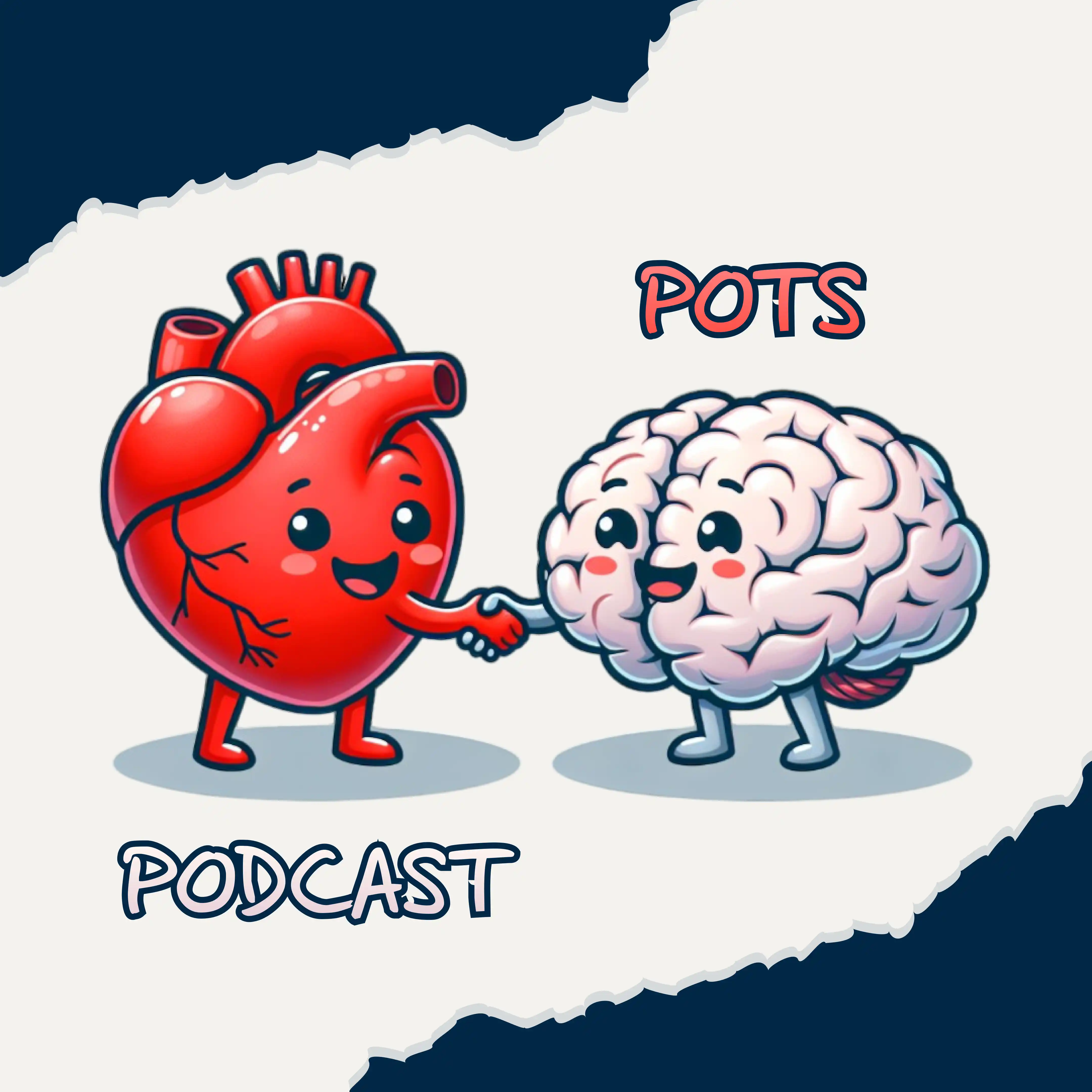
Advanced AI Technology and Regeneration Therapy Transform Brain Recovery
Dr. Joseph Schneider announces the evolution of Hope Brain and Body Recovery Center into Hope Regeneration Center, featuring innovative additions including medical doctors, nurse practitioners, and cutting-edge regeneration therapies using Wharton's Jelly (Ethically collected) from Methodist Hospital in Texas. He reveals the upcoming installation of the Neuro AI system—an artificial intelligence-powered chair and goggle technology that provides precise analysis and treatment of eye movements, balance disorders, and neurological conditions. Fresh from training in Pittsburgh with leading neurologists, Dr. Schneider explains how this advanced system can immediately assess and treat saccades, smooth pursuit, convergence, and vestibular function with unprecedented accuracy. The episode explores how combining functional medicine with functional neurology creates comprehensive treatment protocols that address everything from autoimmunity and toxins to neuroplasticity and brain regeneration. Dr. Schneider emphasizes his philosophy of achieving complete recovery rather than lifelong case management, aiming for patients to reach 100-120% functionality. This announcement represents a major advancement in POTS, TBI, vertigo, and neurological rehabilitation technology. Connect with Dr. Joseph Schneider: Website: Hope Brain and Body Recovery Center LinkedIn: Joseph Schneider YouTube: hopebrainbodyrecoverycenter Instagram: @hopebraincenter_ Facebook: Hope Brain and Body Recovery Center
Description:
Dr. Joseph Schneider announces the evolution of Hope Brain and Body Recovery Center into Hope Regeneration Center, featuring innovative additions including medical doctors, nurse practitioners, and cutting-edge regeneration therapies using Wharton's Jelly (Ethically collected) from Methodist Hospital in Texas. He reveals the upcoming installation of the Neuro AI system—an artificial intelligence-powered chair and goggle technology that provides precise analysis and treatment of eye movements, balance disorders, and neurological conditions. Fresh from training in Pittsburgh with leading neurologists, Dr. Schneider explains how this advanced system can immediately assess and treat saccades, smooth pursuit, convergence, and vestibular function with unprecedented accuracy. The episode explores how combining functional medicine with functional neurology creates comprehensive treatment protocols that address everything from autoimmunity and toxins to neuroplasticity and brain regeneration. Dr. Schneider emphasizes his philosophy of achieving complete recovery rather than lifelong case management, aiming for patients to reach 100-120% functionality. This announcement represents a major advancement in POTS, TBI, vertigo, and neurological rehabilitation technology.
Connect with Dr. Joseph Schneider:
Website: Hope Brain and Body Recovery Center
LinkedIn: Joseph Schneider
YouTube: hopebrainbodyrecoverycenter
Instagram: @hopebraincenter_
Facebook: Hope Brain and Body Recovery Center


Comments